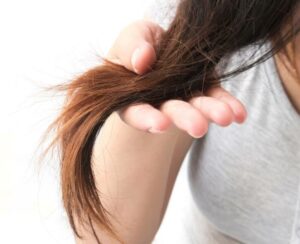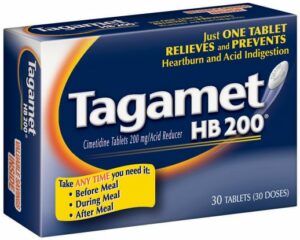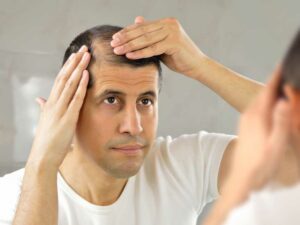Abstract:
We have previously reported that proanthocyanidins extracted from grape seeds possess growth-promoting activity toward murine hair epithelial cells in vitro and stimulate anagen induction in hair cycle progression in vivo. This report constitutes a comparison of the growth-promoting activity of procyanidin oligomers and the target cells of procyanidins in the skin. Results show that procyanidin dimer and trimer exhibit higher growth-promoting activity than the monomer. The maximum growth-promoting activity for hair epithelial cells with procyanidin B-2, an epicatechin dimer, reached about 300% (30 microM) relative to controls (= 100%) in a 5 d culture. Optimum concentration of procyanidin C-1, an epicatechin trimer, was lower than that of procyanidin B-2; the maximum growth-promoting activity of procyanidin C-1 was about 220% (3 microM). No other flavonoid compounds examined exhibit higher proliferative activities than the procyanidins. In skin constituent cells, only epithelial cells such as hair keratinocytes or epidermal keratinocytes respond to procyanidin oligomers. Topical application of 1% procyanidin oligomers on shaven C3H mice in the telogen phase led to significant hair regeneration [procyanidin B-2, 69.6% +/- 21.8% (mean +/- SD); procyanidin B-3, 80.9% +/- 13.0%; procyanidin C-1, 78.3% +/- 7.6%] on the basis of the shaven area; application of vehicle only led to regeneration of 41.7% (SD = 16.3%). In this paper, we demonstrate the hair-growing activity of procyanidin oligomers both in vitro and in vivo, and their potential for use as agents to induce hair growth.
Source:
J Invest Dermatol 1999 Mar;112 (3):310-6





